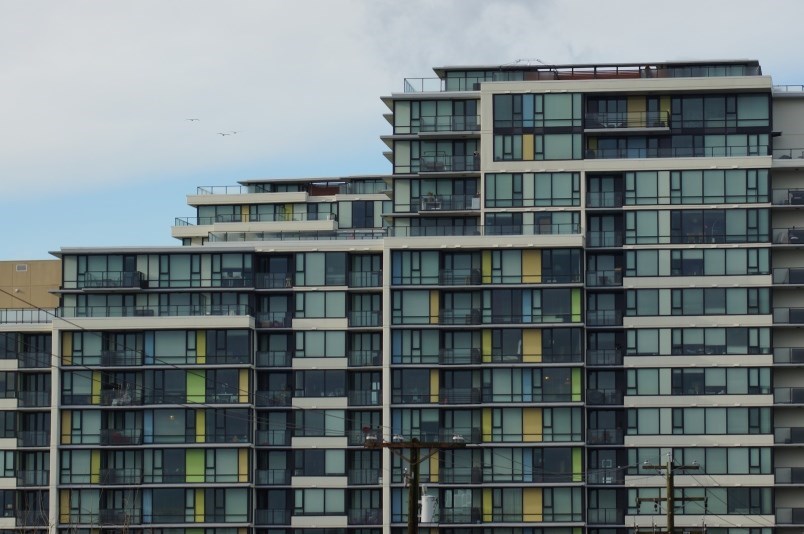Developers might complain Richmond City Hall is slow to approve new housing projects, but Richmond Mayor Malcolm Brodie thinks it’s a two-way street.
Developers are often equally slow to respond to requests from city staff during the process, he told the Richmond News. But what would help both sides is if senior levels of government funded technology to expedite the process, he added.
“We’ll constantly go back and forth whether it’s the development community, the applicants, or the city staff that are holding up the process, but we can make the process itself more efficient and technology will help us do that,” Brodie said.
Online technology could help with the review process, outlining requirements and “expediting… the paper part of the development situation,” Brodie said.
Brodie said he’s brought up the need for funding to improve development-process technology with both the provincial and federal ministers responsible for housing.
The Chartered Professional Accountants of B.C. (CPABC) has compiled data on housing starts in various communities in the Lower Mainland, based on Canadian Mortgage and Housing Corporation (CMHC) statistics, and it indicated Richmond is farther behind than communities like Burnaby and the Tri-Cities.
Burnaby’s housing starts were about double that of Richmond’s between 2015 and 2021.
However, Brodie said, communities like Burnaby aren’t restricted in how high they can build, unlike Richmond which can only go 14 or 15 storeys high because of the airport, pointing out developments like Brentwood in Burnaby have residential towers up to 50 storeys high.
The city has seen “consistent” growth in housing development, Brodie added, with a 9.8-per-cent increase in homes between 2016 and 2020, outpacing population growth which was 5.9 per cent during the same period of time.
“We think that housing starts are steady here – or better – and further growth is anticipated to reflect an increase in population,” Brodie said.
The CMHC stats show Richmond’s housing starts dropped by about 42 per cent between 2015 and 2021, while Burnaby increased its housing starts by more than 100 per cent.
However, Brodie said, 2015 saw an unusually high number of housing starts in Richmond, which he thinks “skewed” the CPABC results, showing the dip of 42.5 per cent between that year and 2021.
Between 2016 and 2020, the City of Richmond issued on average 1,970 building permits per year.
The mayor noted he doesn’t get complaints about too little construction activity from Richmond residents.
“If I get a comment from the public, it’s usually that there’s too much building activity, not that there’s not enough,” Brodie said.



